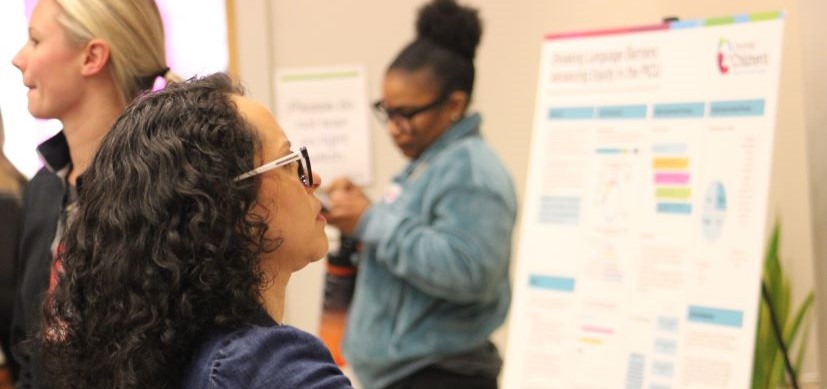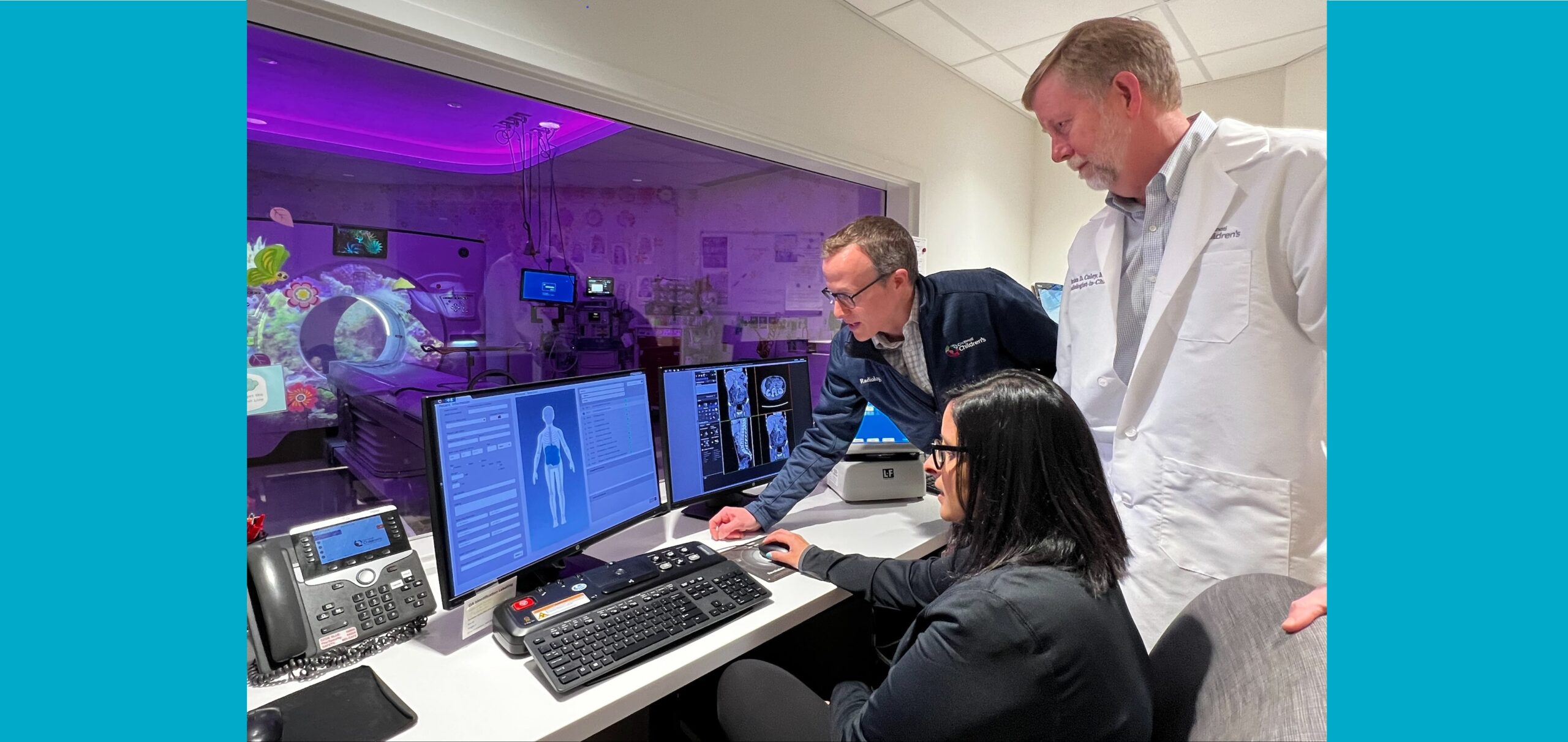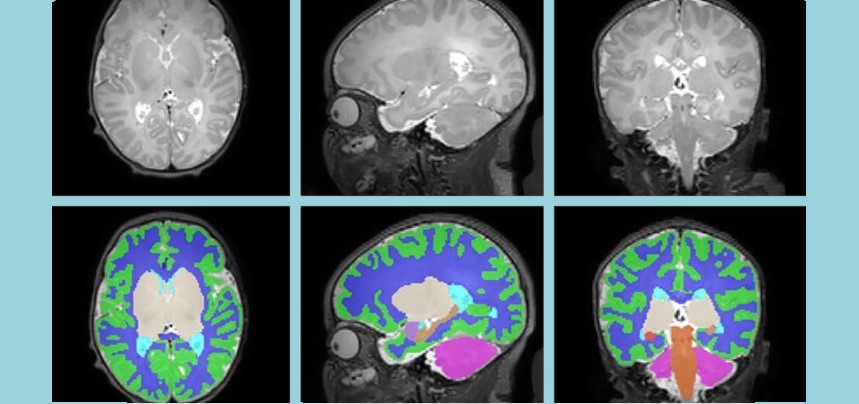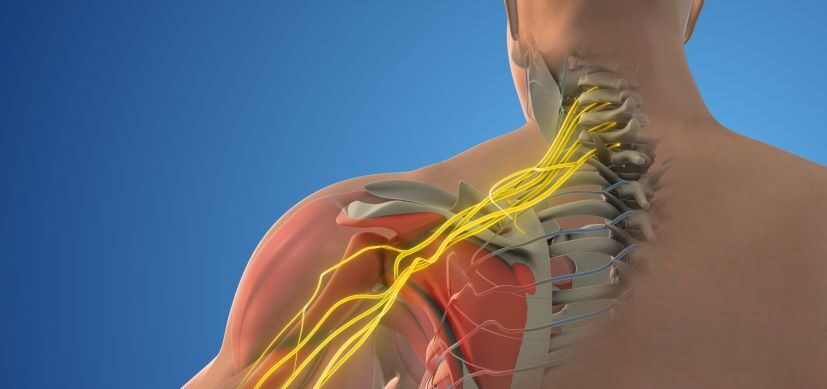DNA Methylation May Serve as Biomarker for Maternal Stress Passed to Children
Research By: Katherine Bowers, PhD, MPH | Alonzo Folger, PhD, MS
Post Date: March 21, 2022 | Publish Date: Oct. 15, 2021
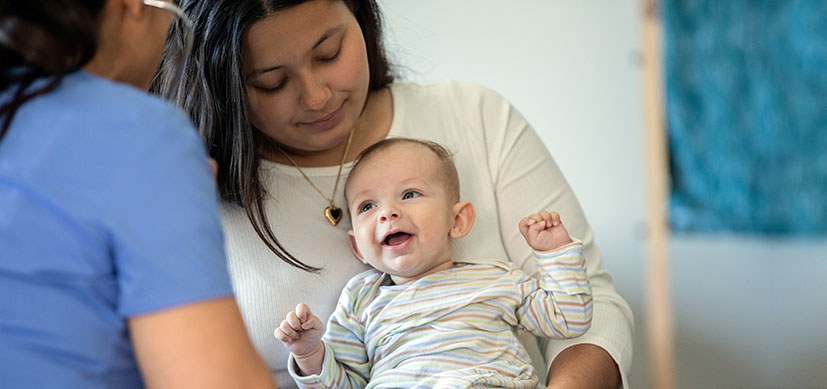
Developmental delays affect more than 10% of school-age children in the United States and are increasing in prevalence. Untreated, these delays have long-term academic and health consequences that can endure beyond childhood.
Children from socioeconomically disadvantaged families have an even higher risk for impaired cognitive and social-emotional development. In fact, 40 percent of children living in poverty are more likely to experience developmental delays as compared to children not living in poverty. This impaired development may be attributed to the child’s disproportionate exposure to adversity factors such as violence, relocation, food insecurity, or maternal depression. However, social support and other aspects of resilience may help reduce this effect.
Understanding Intergenerational Impact of Adversity
A team of researchers at Cincinnati Children’s is working to change these outcomes by better understanding the intergenerational impact of maternal stress, adversity, and social support on early infant neurobehavior and child development.
The PRegnancy and Infant DEvelopment (PRIDE) Study included more than 50 mothers and their infants who were already participating in Every Child Succeeds—a home visiting intervention program for at-risk families founded by Cincinnati Children’s, Cincinnati/Hamilton County Community Action Agency, and the United Way of Greater Cincinnati.
The study team believes that the results of this pilot study (published in BMC Pediatrics) and a larger ongoing NIH-funded study could help inform home visiting practice and may apply more broadly to early intervention services aimed at reducing developmental disparities.
“If we can identify the type and timing by which adversity (and protective factors) affect development, services can be targeted to best support families,” says Katherine Bowers, PhD, MPH, Division of Biostatistics and Epidemiology, and one of the study’s lead investigators.
The PRIDE Study collected data on maternal stress, adversity, social support, and behavior during four home visits that occurred between pregnancy and age 3.
“In addition to the type and timing of these psychosocial factors, we also collected cheek samples to measure DNA methylation, which may serve as a biomarker of exposure or risk for delays in development,” notes Bowers.
Although the research team found few significant associations between maternal adversity in pregnancy and infant neurobehavior, they did find that several factors including maternal depression, perceived stress, and overall distress were associated with child internalizing and externalizing behaviors at 24 and 36 months.
FUTURE WORK
Ultimately, the PRIDE Study team seeks to combine knowledge of the family environment with the DNA methylation biomarker to help target services for these families.
To better understand these associations, the team is recruiting up to 400 families in a longitudinal cohort study funded by the National Institute on Minority Health and Health Disparities. The principal investigators are Bowers and Alonzo “Ted” Folger, PhD, MS, Division of Biostatistics and Epidemiology and Director of Evaluation and Epidemiologic Research for Every Child Succeeds.
This larger study will collect data from pregnant women and their infants at 1, 4, 12, and 18 months of age.
“Through our partnership with Every Child Succeeds, we are uniquely positioned to translate findings from this research through precision home visiting and additional strategies aimed at reducing early developmental health disparities,” says Bowers. “We are lucky to have such a strong study team in place here at Cincinnati Children’s.”
| Original title: | Pregnancy and Infant Development (PRIDE)—a preliminary observational study of maternal adversity and infant development |
| Published in: | BMC Pediatrics |
| Publish date: | Oct. 15, 2021 |
Research By





